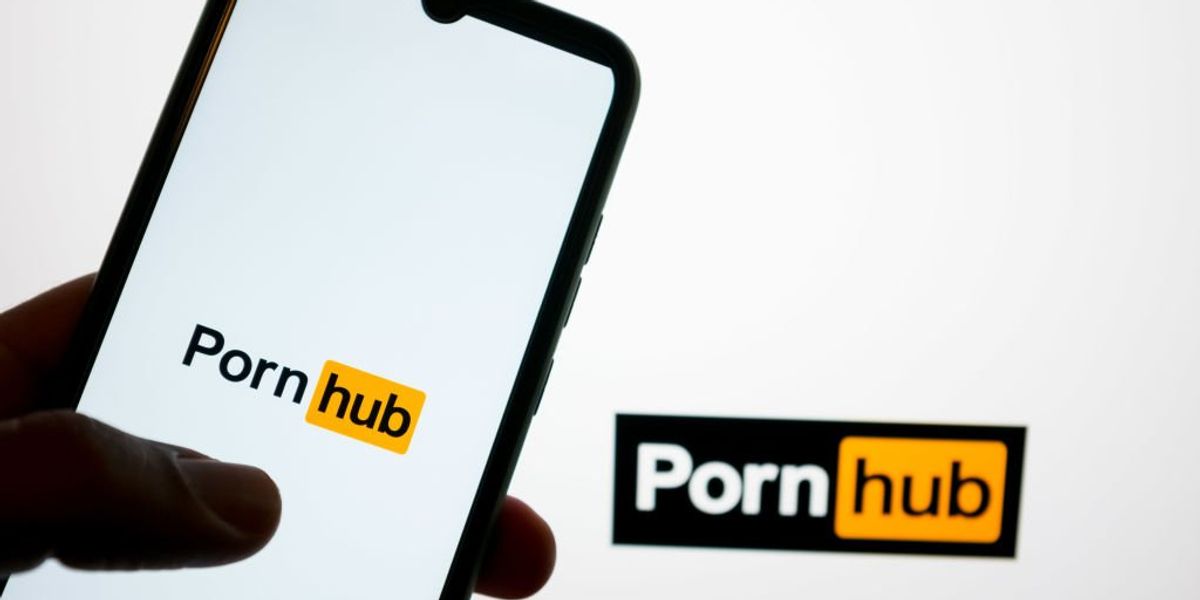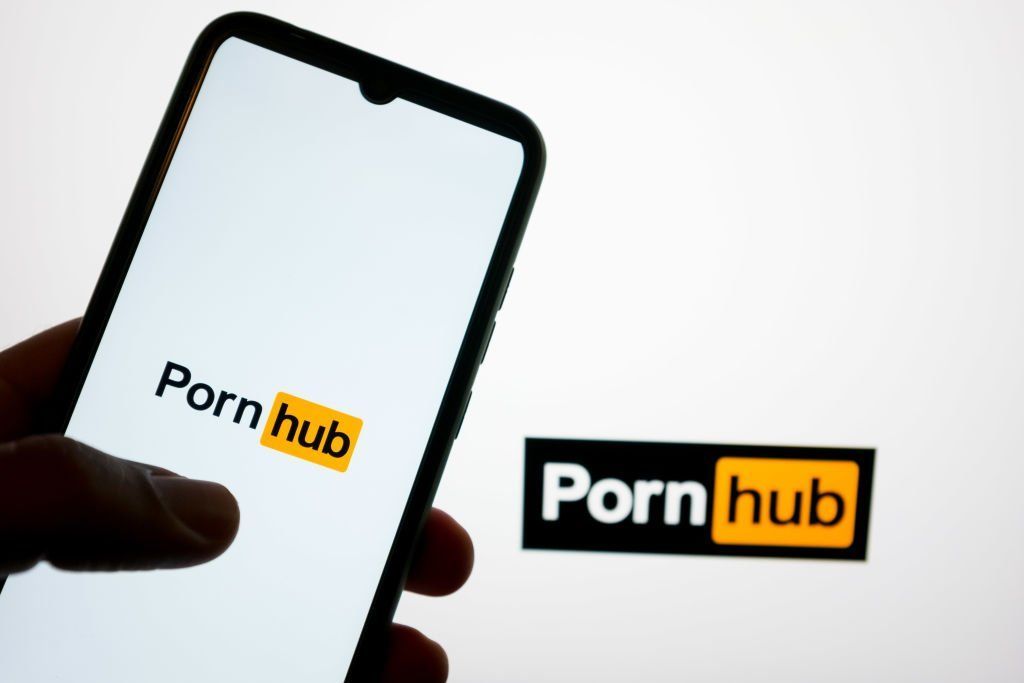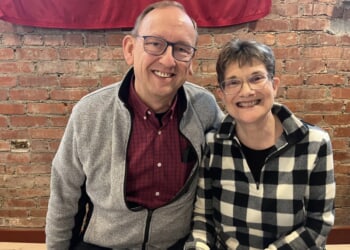

The University of Notre Dame may finally be on the verge of blocking access to pornography on its Indiana campus — and not a moment too soon.
When I was a student at Notre Dame in 2019, I met with then-President Rev. John Jenkins to urge him to adopt a campus-wide porn filter. Our student-led campaign had gained thousands of signatures and drawn national media attention, including coverage from Newsweek, the Daily Beast, and ABC’s “Nightline.”
With major corporations distancing themselves from the pornography industry, Notre Dame has even more reason to follow its students’ lead.
I explained to Father Jenkins, an affable priest of the Congregation of Holy Cross, how pornography fuels the trafficking of women and children. But he seemed more concerned about avoiding any attempt to control the behavior of male students who watch porn. His argument? That blocking pornography would deprive students of the chance to build self-control.
Six years later, that argument feels even more out of touch. A growing consensus now recognizes pornography not as a harmless personal vice but as a driving force behind the sexual exploitation of children and the trafficking of women. It’s also bad for the brain.
That change in understanding comes as a new generation of Notre Dame students has launched another effort to convince the university to act. Last month, students introduced a petition urging the university president “to take immediate action to promote a pornography-free campus.” According to the Irish Rover, a conservative student newspaper, more than 600 students have already signed the petition — an impressive showing at a university with only about 9,000 undergraduates.
‘Infested with rape videos’
Public opinion has shifted in recent years thanks in part to a groundbreaking 2020 New York Times article by columnist Nicholas Kristof titled “The Children of Pornhub.” In it, Kristof documented how Pornhub “monetizes child rapes, revenge pornography, spy cam videos of women showering, racist and misogynist content, and footage of women being asphyxiated in plastic bags.”
Kristof’s column shared the stories of young women whose abuse as children had been filmed and profited from by one of the most powerful pornographic websites in the world. Kristof concluded, damningly, that Pornhub “is infested with rape videos.”
The corporate world took notice. In response to Kristof’s exposé, Mastercard, Visa, and Discover all blocked payments to Pornhub to avoid liability for enabling child sexual abuse. Under pressure, Pornhub announced new age-verification policies last year. But the vast majority of pornographic websites still require no such safeguards. Child sexual abuse material remains rampant across “mainstream” platforms.
With major corporations distancing themselves from the pornography industry, Notre Dame has even more reason to follow its students’ lead. Other Catholic institutions already have.
Inspired by our 2019 efforts at Notre Dame, the Catholic University of America passed a student government resolution asking administrators to “prohibit access to the top 200 pornography websites through the campus network.” President John Garvey agreed and honored the request. Franciscan University of Steubenville and Christendom College also maintain similar pornography filters.
Overcoming resistance
Now, with new leadership at Notre Dame, the odds of real action have improved. The Rev. Robert Dowd took office as university president in June.
When I was a student, I had the privilege of learning from Father Dowd. Unlike professors who treat students as interchangeable, Father Dowd made time to meet individually with everyone. His compassion wasn’t confined to the classroom — he also founded the Ford Program in Human Development Studies and Solidarity, which supports research aimed at alleviating poverty in the developing world. Standing against child sexual exploitation would be entirely consistent with both his academic and moral commitments.
But Father Dowd will face institutional resistance. Some administrators fear that blocking porn might make Notre Dame look provincial — unfit to compete with elite secular institutions. Others worry a filter might somehow impinge upon academic freedom.
Both fears are unfounded.
First, Notre Dame can lead the nation by taking a principled stand against an industry that fuels exploitation and abuse. Second, academic freedom can be preserved with basic accommodations. If faculty or students require access to pornography for legitimate research, they can ask Notre Dame’s IT department to lift the filter on their account.
And the technical hurdle? It’s minimal. John Gohsman, Notre Dame’s former vice president for information technology, told Students for Child-Oriented Policy that installing a filter “would be neither technologically difficult nor costly.”
I hope — and fully expect — that Father Dowd will heed today’s students and take meaningful action against the evils perpetuated by the pornography industry.
I’ll end where I began. In 2019, when Father Jenkins refused our request, I said this:
Pornography propagates sexual assault, contributes to the objectification of women, and advances the sexual exploitation of children. I call on Notre Dame to instead stand as a champion for women and children by enforcing the university’s official policy against using pornography on the campus Wi-Fi network.
That call is still waiting for a response. Now is the time.















